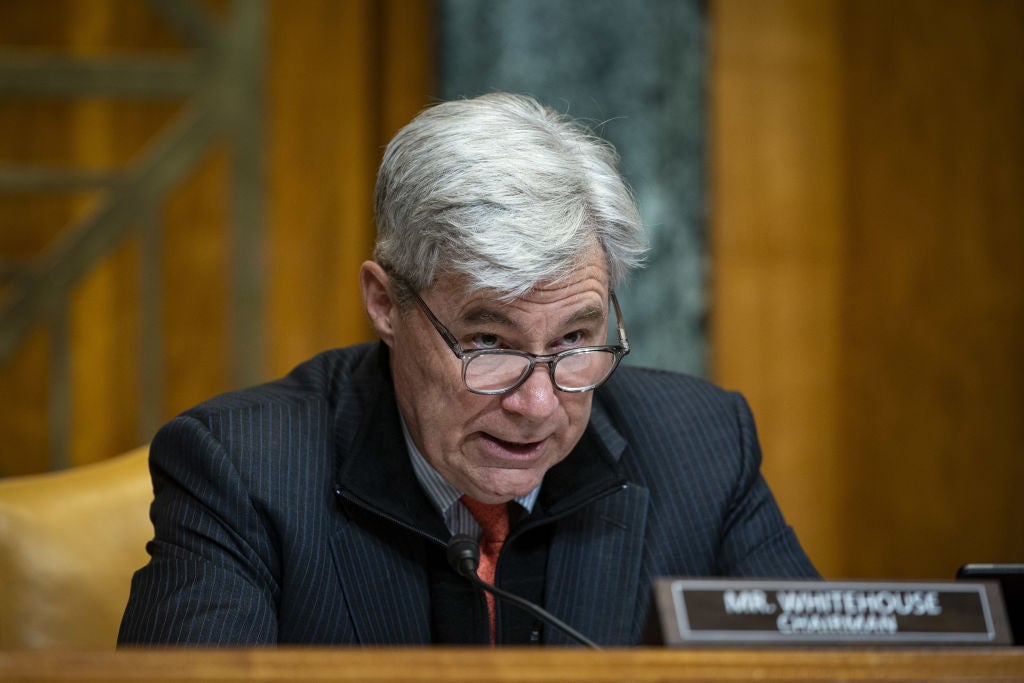Sheldon Whitehouse, Senator for Rhode Island in the US, has released a discussion draft of his bill to improve the offshore wind development process in the state.
The discussion draft, released on Tuesday, seeks feedback from federal, state and local agencies, as well as industries, developers and surrounding communities.
The Create Offshore Leadership and Livelihood Alignment by Operating Responsibly and Together for the Environment (COLLABORATE) Act aims to improve offshore wind development processes to increase the share of renewable energy in the state’s electricity grid.
Specifically, the COLLABORATE Act would improve permitting, coordination and cooperation between agencies, developers and stakeholders. It would also establish a more rounded process for the transmission of electricity produced from offshore wind farms and boost support for fisheries and other potentially affected stakeholders.
Whitehouse said: “Offshore wind is an abundant resource that we have to harness to meet our climate and clean energy goals. To unlock the full potential of offshore wind, we need to lower the barriers standing in the way of growth.
“The Block Island Wind Farm is a successful model for offshore wind development. My legislation applies the Rhode Island model of good-faith cooperation to the federal interagency process, while streamlining permitting and transmission problems.”
Rhode Island’s coast became home to the US’s first offshore wind farm in 2016. Since then, it has furthered several other offshore wind developments. In November, Danish wind giant Ørsted’s planned 704MW Revolution wind farm project offshore Rhode Island received final approval from the US Department of the Interior’s Bureau of Ocean Energy Management, paving the way for construction to begin.
On his new bill to ramp up wind power in the area, Whitehouse added: “It is important we get this right in a way that balances the needs of different ocean users – the pathway to a clean energy future and climate safety is narrowing fast, and we can’t afford to lose investments to bureaucratic delays and endless red tape.”











